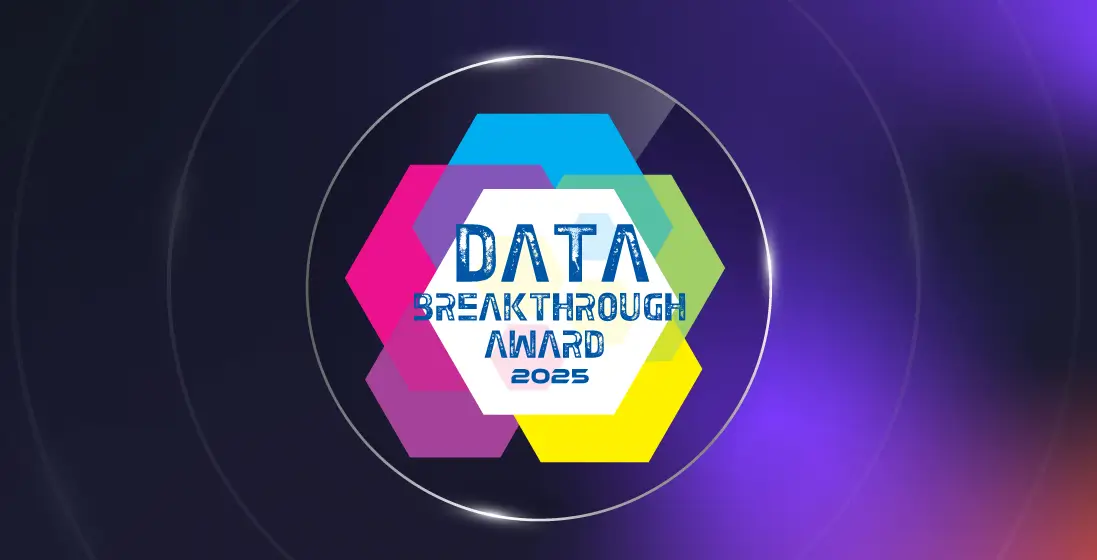In today’s data-driven landscape, the importance of data privacy cannot be overstated. Evolving regulations and heightened concerns about data privacy make it imperative for companies to prioritize the safeguarding of consumer data. This goes beyond conventional data security measures such as data clean rooms; it necessitates that data remain perpetually anonymized and never fully unpacked or de-anonymized.
This shift towards a privacy-safe ecosystem encompasses the stringent anonymization and consent of consumer data to comply with GDPR and CCPA, as well as ensuring that all operators used on data are privacy-safe and preserve the anonymity.
Maximizing Utility While Safeguarding Privacy
While most organizations will agree that protecting privacy is important, it usually comes at a cost. Data privacy and data utility often exhibit an inverse relationship. To illustrate this point, let’s examine two distinct platforms of third-party data providers.
The first third-party data platform entails sharing raw data feeds directly with their customers. In this scenario, data’s value can be exceptionally high, making it convenient for users to analyze and utilize. However, this approach typically sacrifices privacy and compliance, marking it as the “Red Zone” that most responsible companies should avoid.
On the other end of the spectrum, we have the second platform, which prioritizes compliance. While their commitment to compliance is unwavering, they aggregate data to such an extent that it becomes challenging for businesses to extract meaningful insights due to the lack of granularity. For example, if a retailer wants to understand the performance of a specific store, but the platform only allows them to see a geofenced area that includes a whole shopping center or neighborhood, that data is too aggregated to be helpful to the retailer.
To surmount the inherent trade-off between data privacy and utility, a paradigm shift is essential.
Embracing the Paradigm Shift
Achieving a privacy-safe consumer behavior data strategy necessitates a fundamental shift in data handling practices. To effectively navigate the complex landscape of data regulations and meet consumer privacy expectations, organizations must adopt forward-thinking approaches that prioritize data privacy while optimizing data utility.
The Key Pillars of Data Privacy
To ensure robust data privacy practices, organizations must adhere to the following principles:
In a world where data is a prized resource, the responsibility to ensure data privacy is paramount. Consumers expect transparency and protection of their data. By embracing advanced technologies and a privacy-centric philosophy, businesses can excel in data management, ensuring the highest level of privacy while deriving valuable insights from consumer behavior data. This paradigm shift is not just a strategic (and regulatory) imperative; it’s a commitment to respecting consumer rights and securing a competitive edge in the evolving data landscape.




